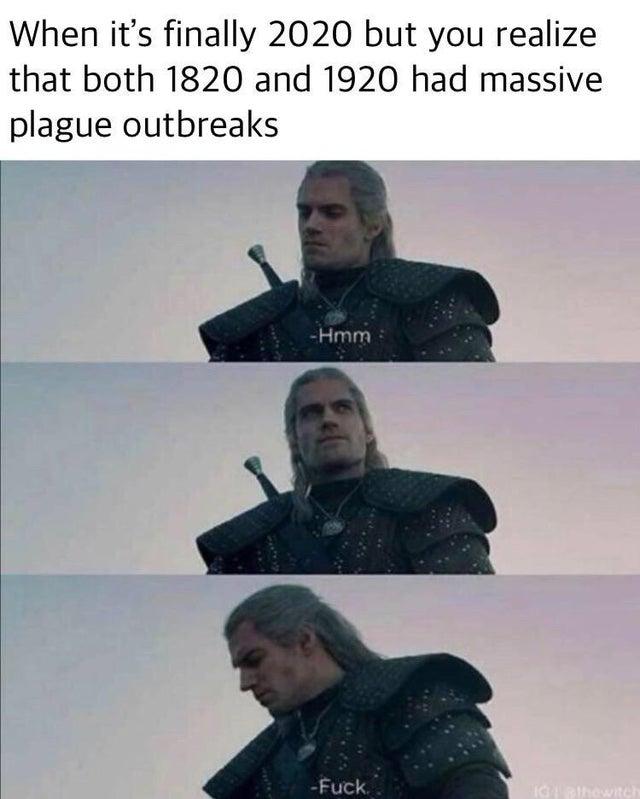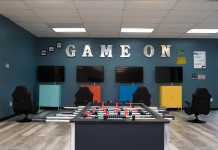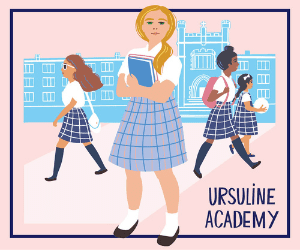As a teacher, I am all too familiar with complaints about how schools don’t prepare children for adulthood. While I could write a dissertation (someday!) on why we absolutely should teach literature in schools, I also think many of the complaints are well-founded. Why don’t we make financial literacy a requirement for graduation? If the American Dream includes owning one’s own house and car, why don’t we teach basic property maintenance, including landscaping? If our country is facing a major obesity epidemic, then why isn’t food and nutrition considered essential knowledge for future generations?
I could go on about all the ways we need educational reform, but in the wake of a worldwide pandemic, and with World War III seeming imminent, I wonder, why weren’t we prepared for these things?
With COVID scares looming in other parts of the world, but not yet in the United States, New Year 2020 memes merged the fantasy of Gatsby-esque roaring twenties with the fear of another plague. But just 3 months later, the whole world shut down, and we really were facing another plague instead of hosting neo-jazz-age parties (and this was after the world was literally on fire). And now, as Russia invades Ukraine and the whole world collectively holds its breath to see how other nations will respond, I can’t help but wonder, why weren’t we prepared for this?

If we knew that plagues like the Black Death and Spanish Influenza ravage the world every hundred years or so, then why did our history and biology classes merely gloss over them as a few paragraphs in the textbook? Why weren’t we asked to consider that we more than likely would encounter another plague in our lifetime? That would have made for some very interesting, student-centered, cross-curricular, project-based learning (teacher jargon for: the kids would have done most of the work and it would have touched on multiple subject areas), and having to face an actual plague in our adulthood would not have taken us by such surprise. Similarly, I know we spent a good deal of time studying the causes and effects of World War I and II, but when we study the past, it is so easy to believe that those things are in the past and won’t happen again when, clearly, learning history doesn’t prevent it from repeating itself. This is especially true for Americans who are so far removed from much of the rest of the world. Instead, we should have been learning about civic discourse and asking students to think about their role as citizens of the world rather than how they were going to achieve their individual goals and dreams.
I’m not suggesting that middle schoolers and high schoolers are going to solve all the world’s problems, or that we should turn everyone into dooms-day preppers, but I am saying that they should be made more aware of the potential future their generations will face and that the understanding that another pandemic was, and certainly should not have been, exclusive to the CDC and those in the medical field. While I don’t believe a Zombie Apocalypse is likely to happen, I do think my students would have more fun and benefit more from reading World War Z and examining how individuals and governments respond to such catastrophic events than from reading The Great Gatsby, which is (unpopular opinion) NOT the great American novel.
Unfortunately, the growing trend of parents demanding “transparency” so that they can opt their children out of lessons that make them uncomfortable has me concerned that future generations will be even less prepared for their own futures than my generation was. We will be consistently asked to shelter students from the harsh realities of the world, and in doing so, we will also deprive them of the opportunity to think critically and to be active architects, not only in their individual futures, but in the future of the world they will live in. We shouldn’t wait until today’s kids are being interviewed by their own grandchildren about what it was like to grow up during a pandemic for the world, not just scientists, to start preparing for the next one.
















